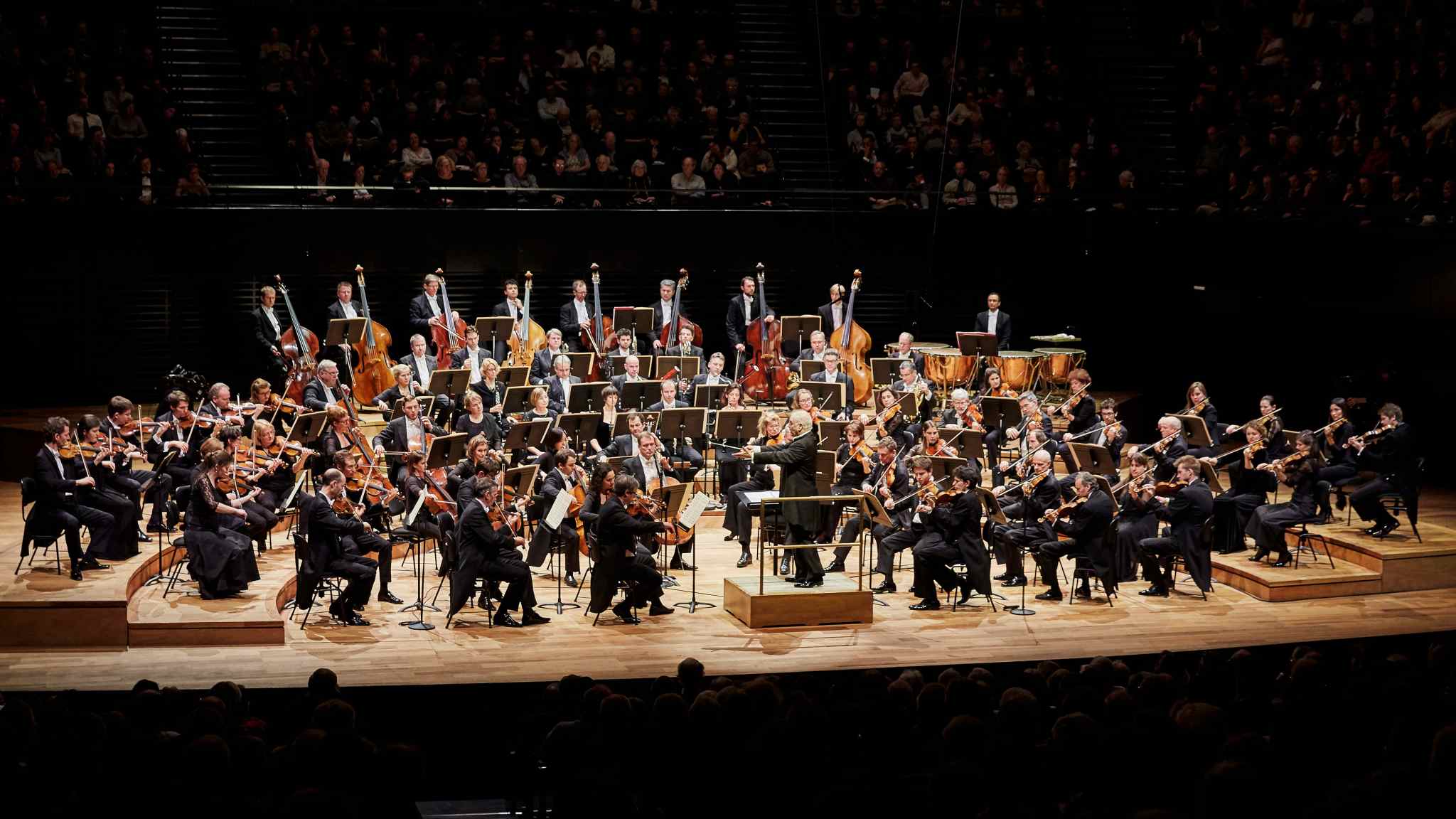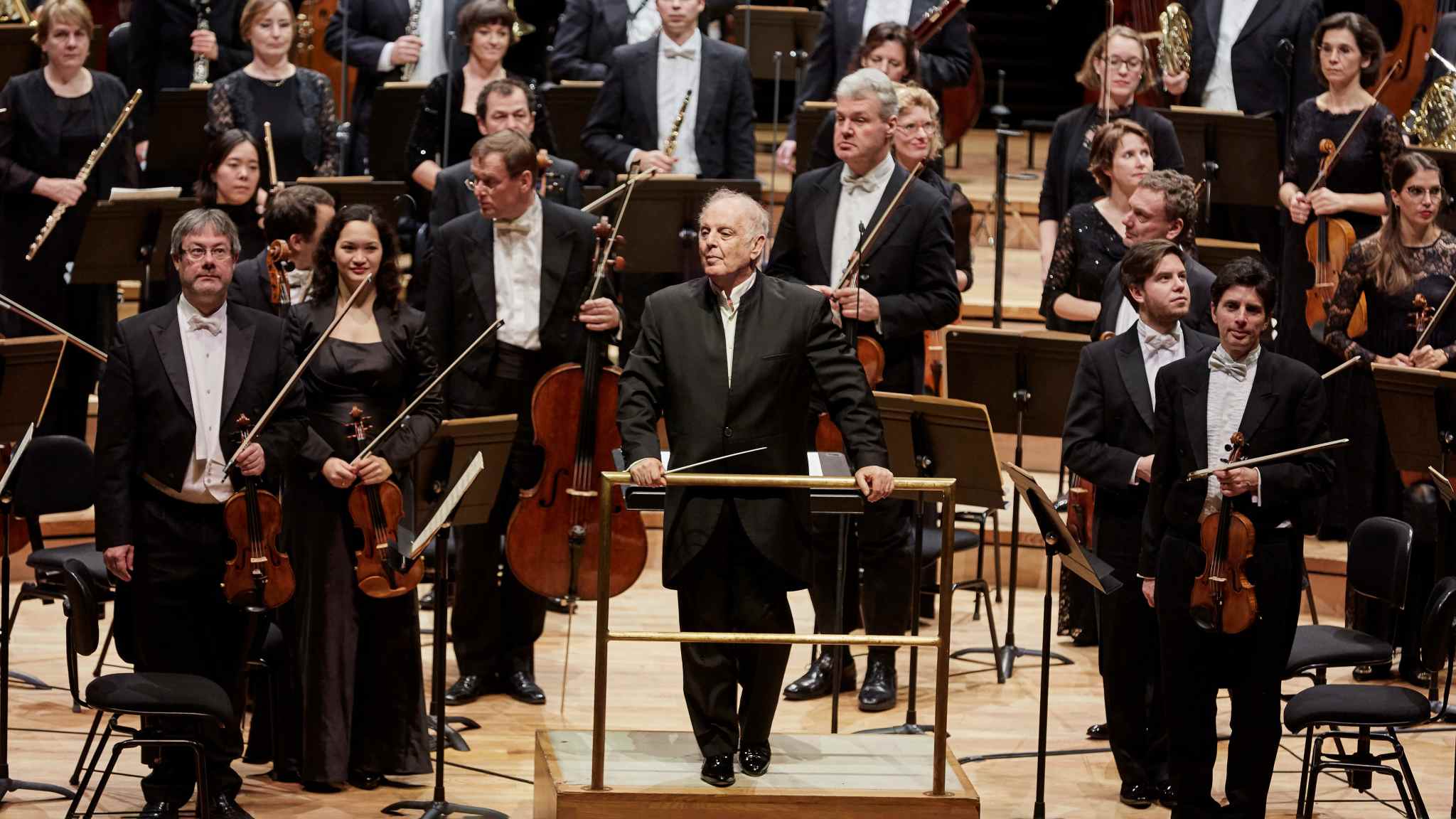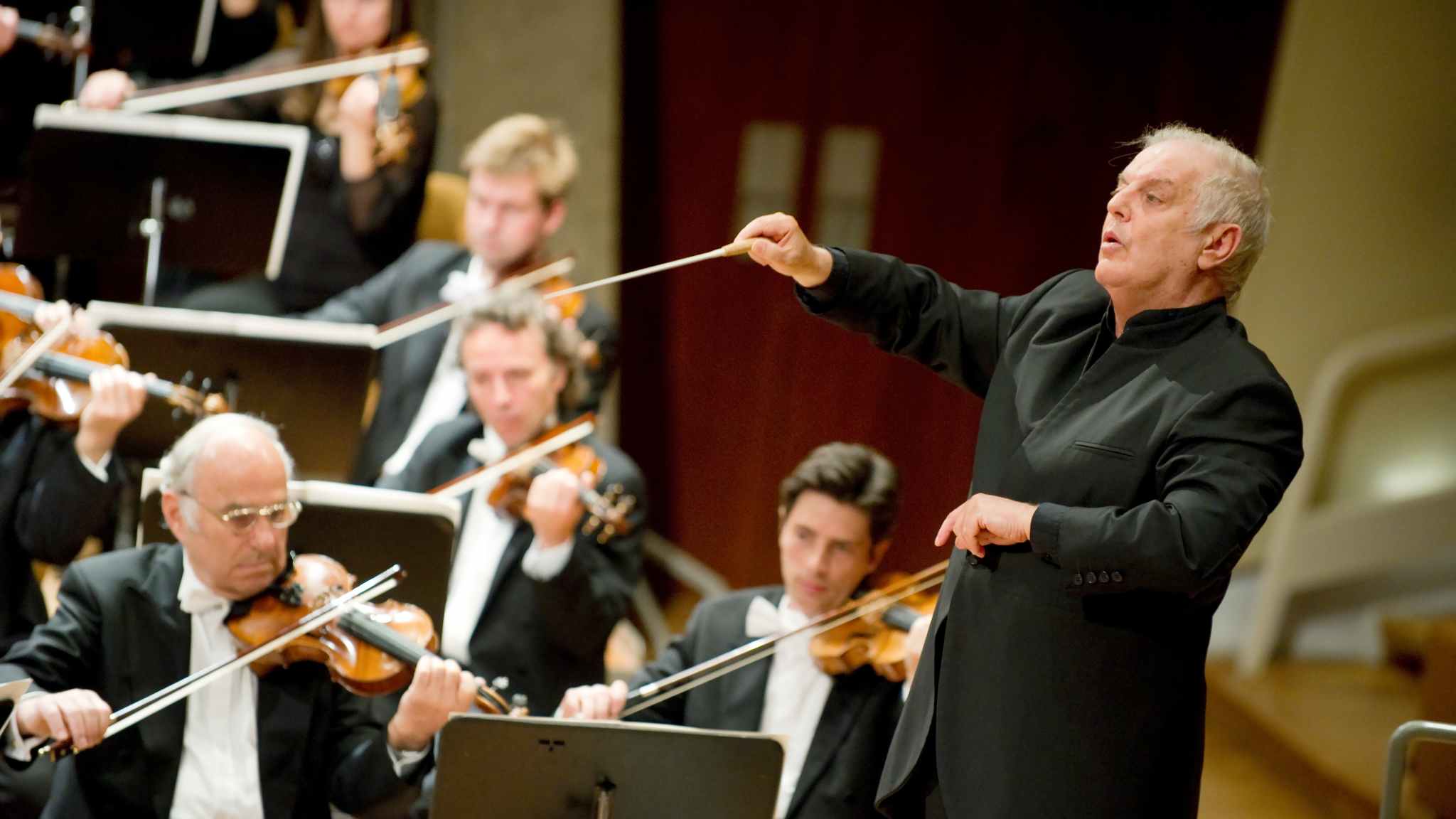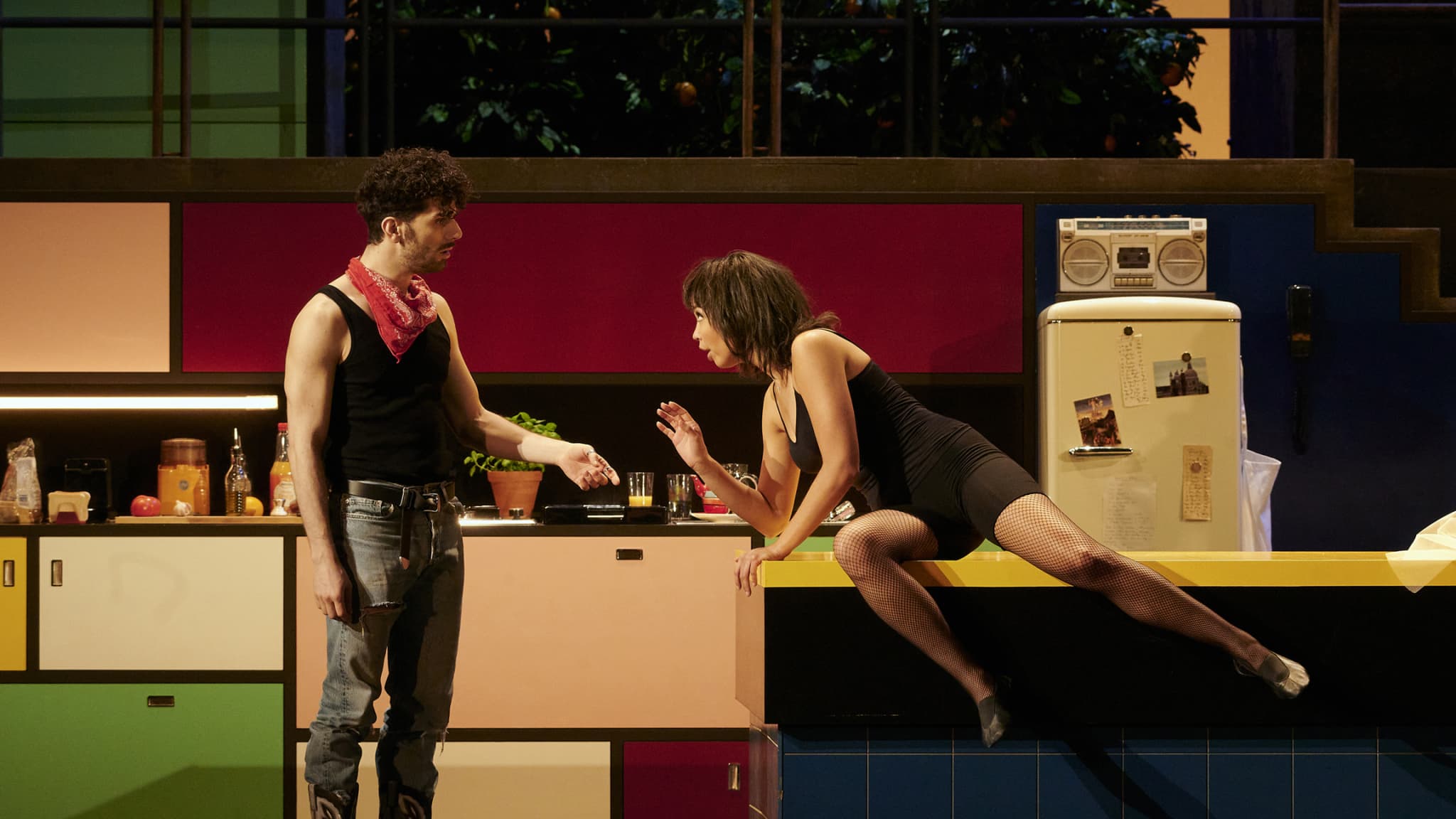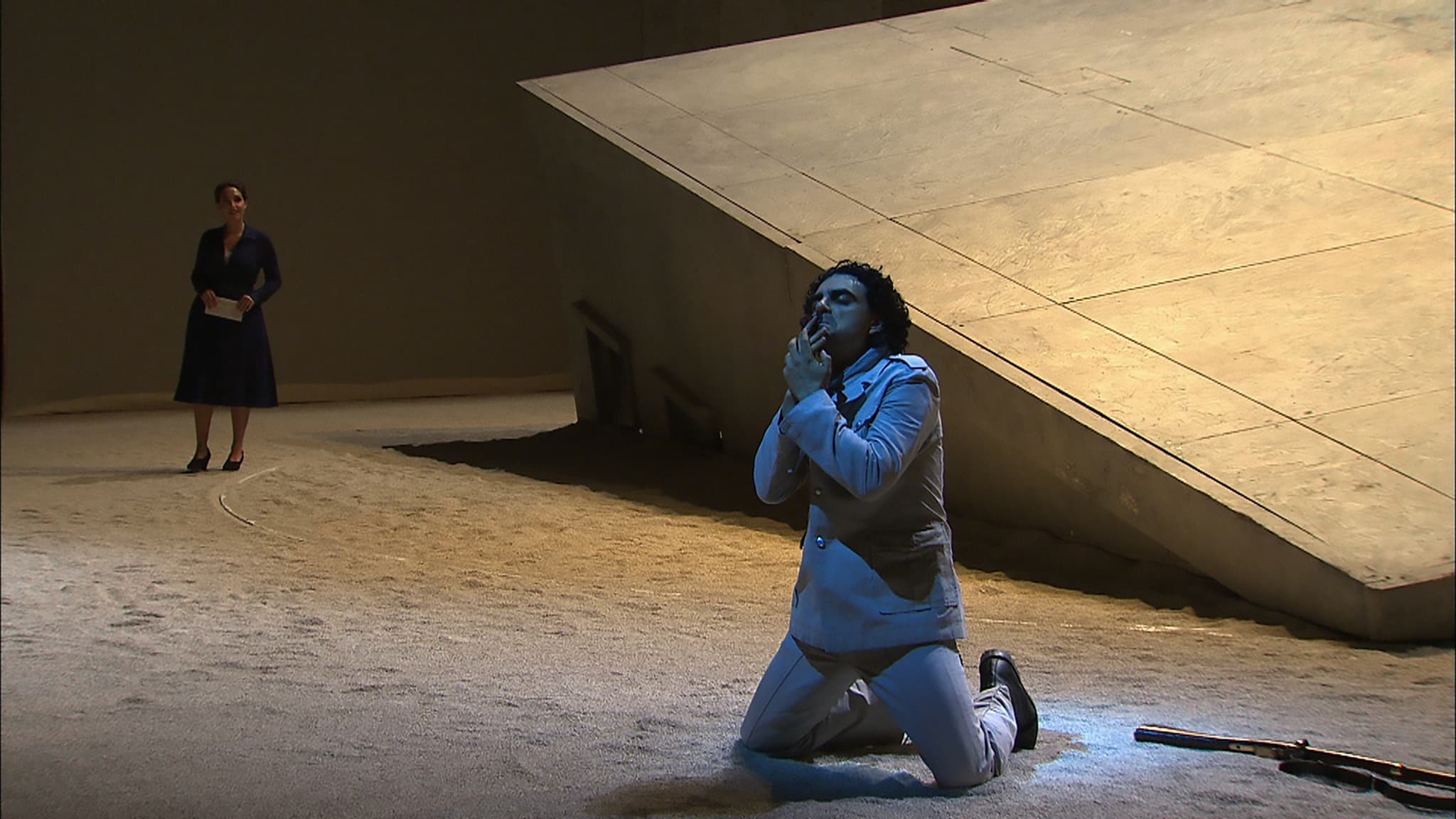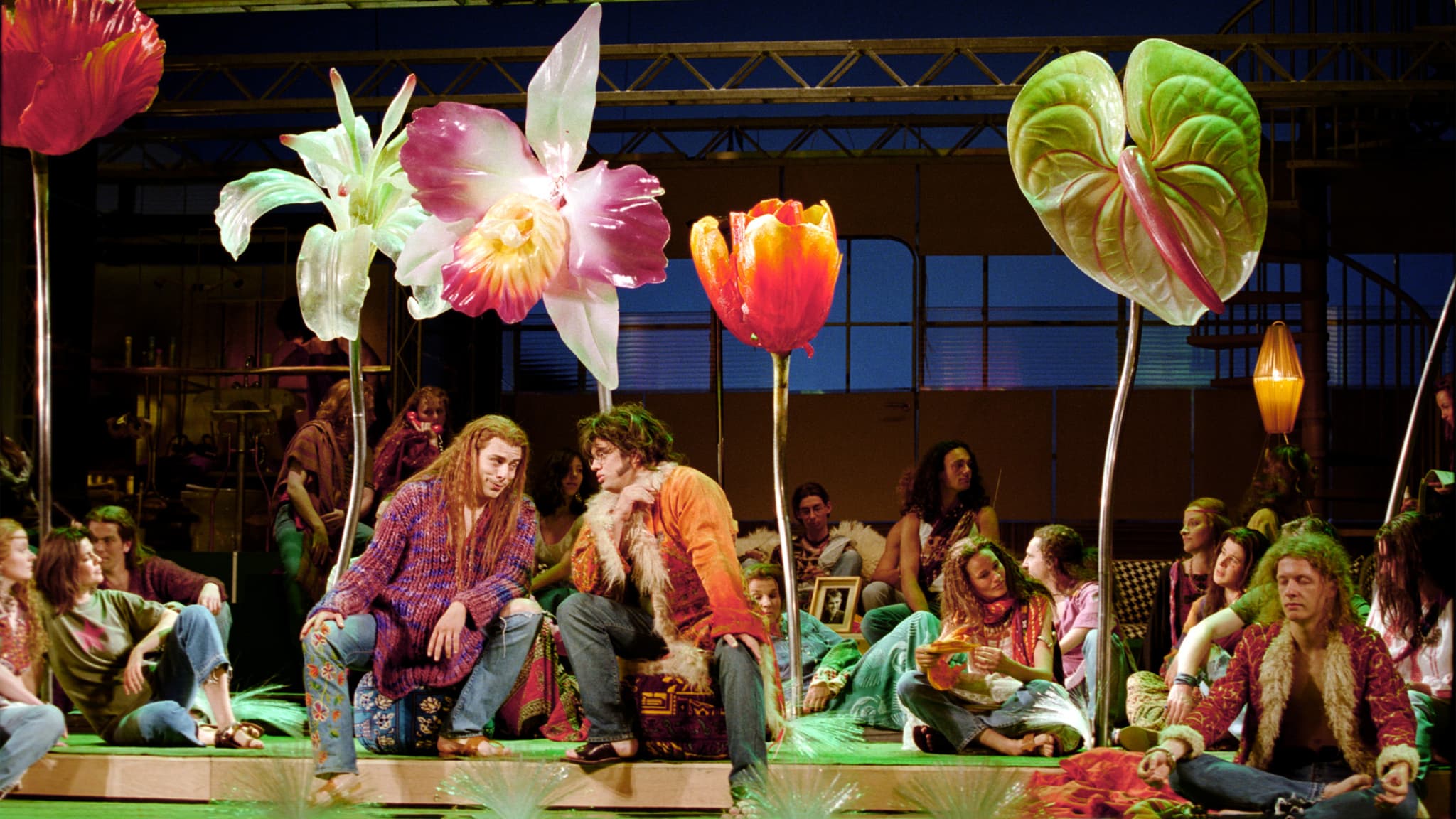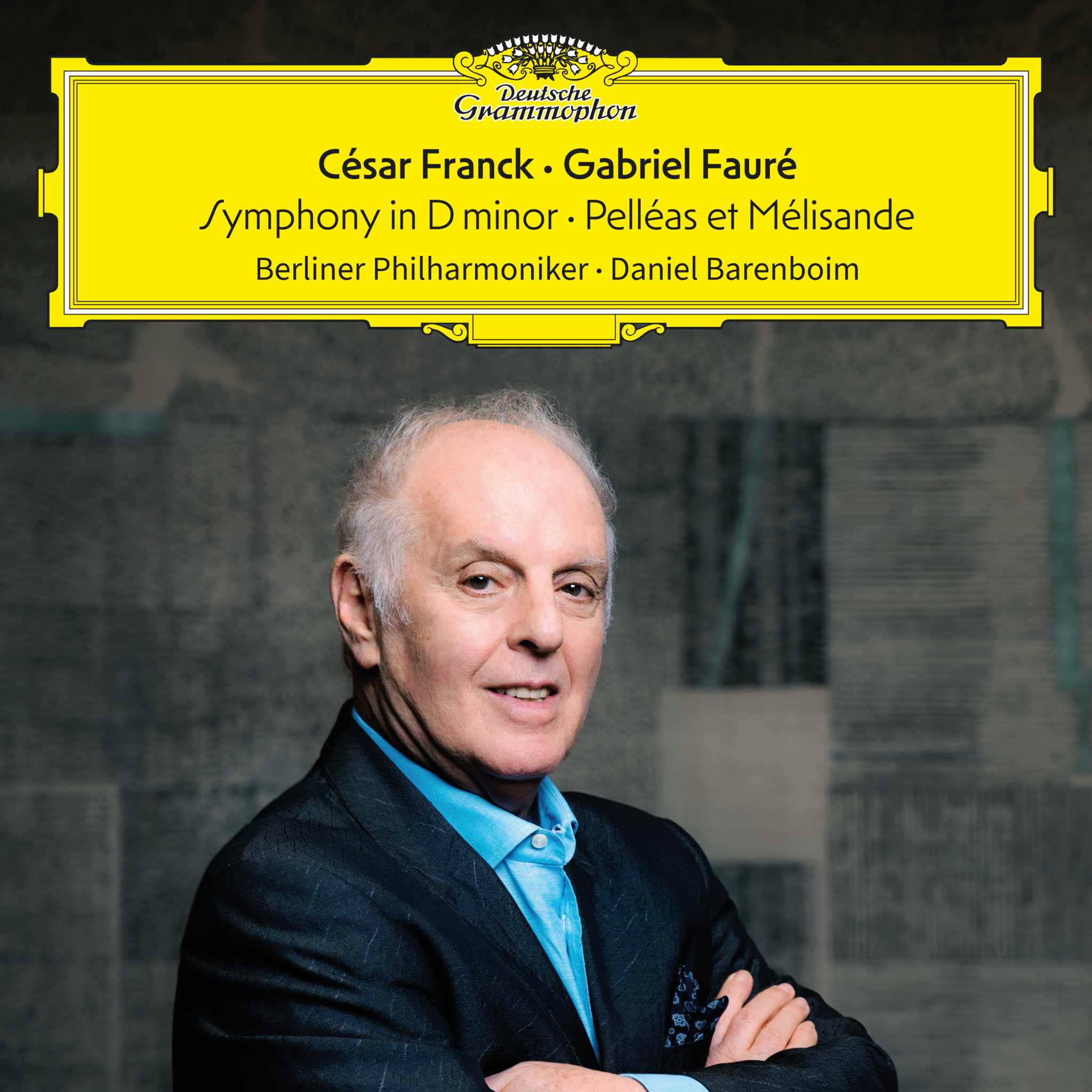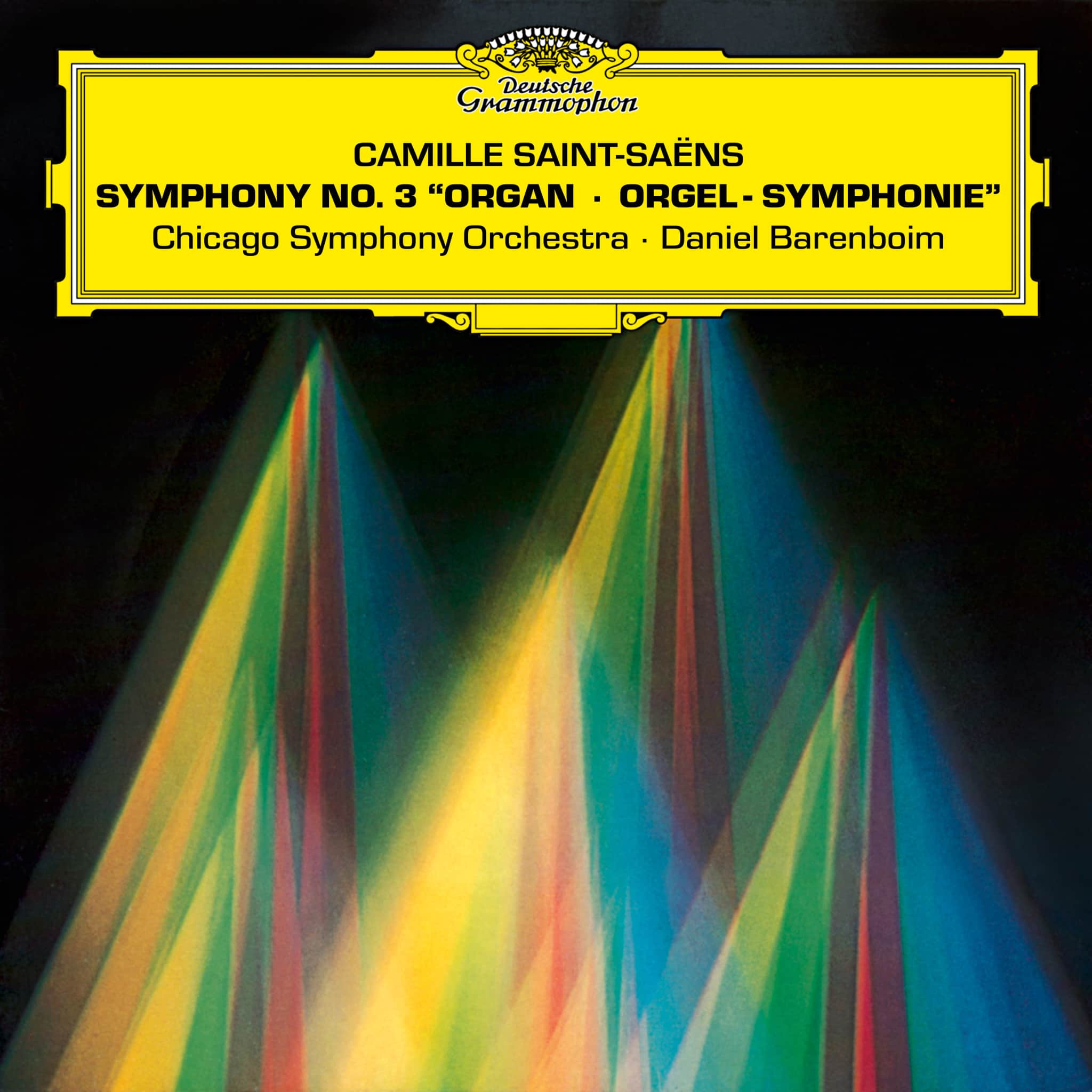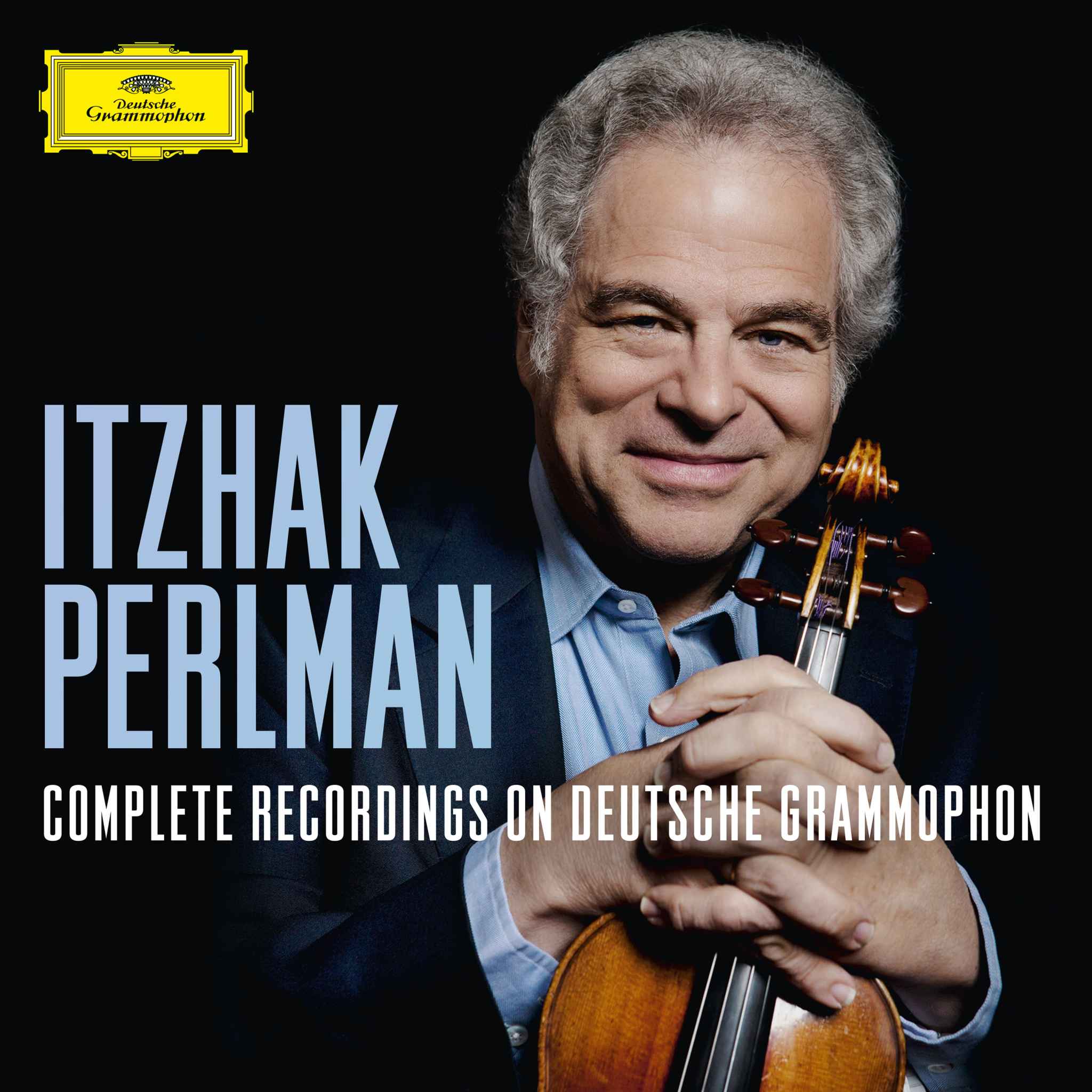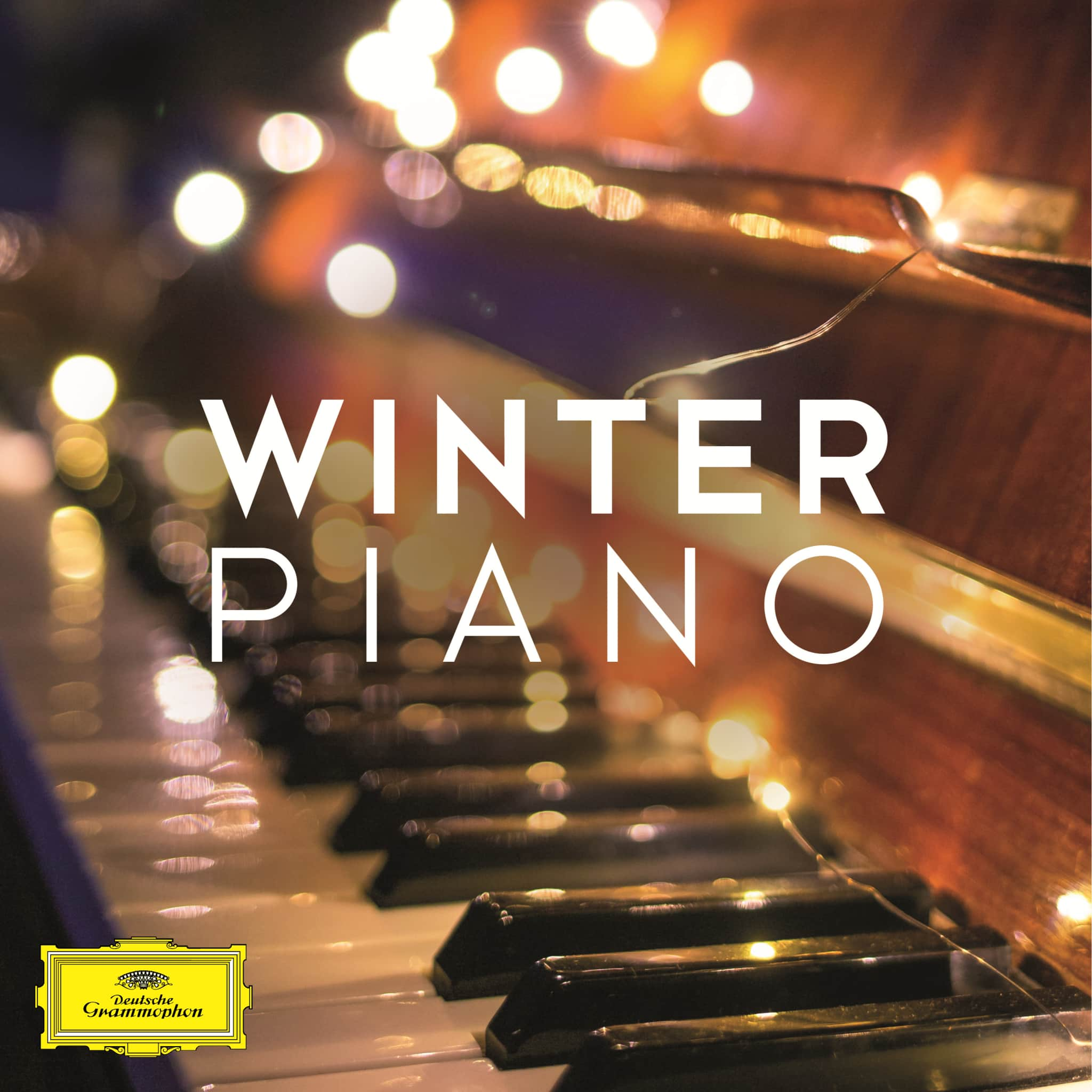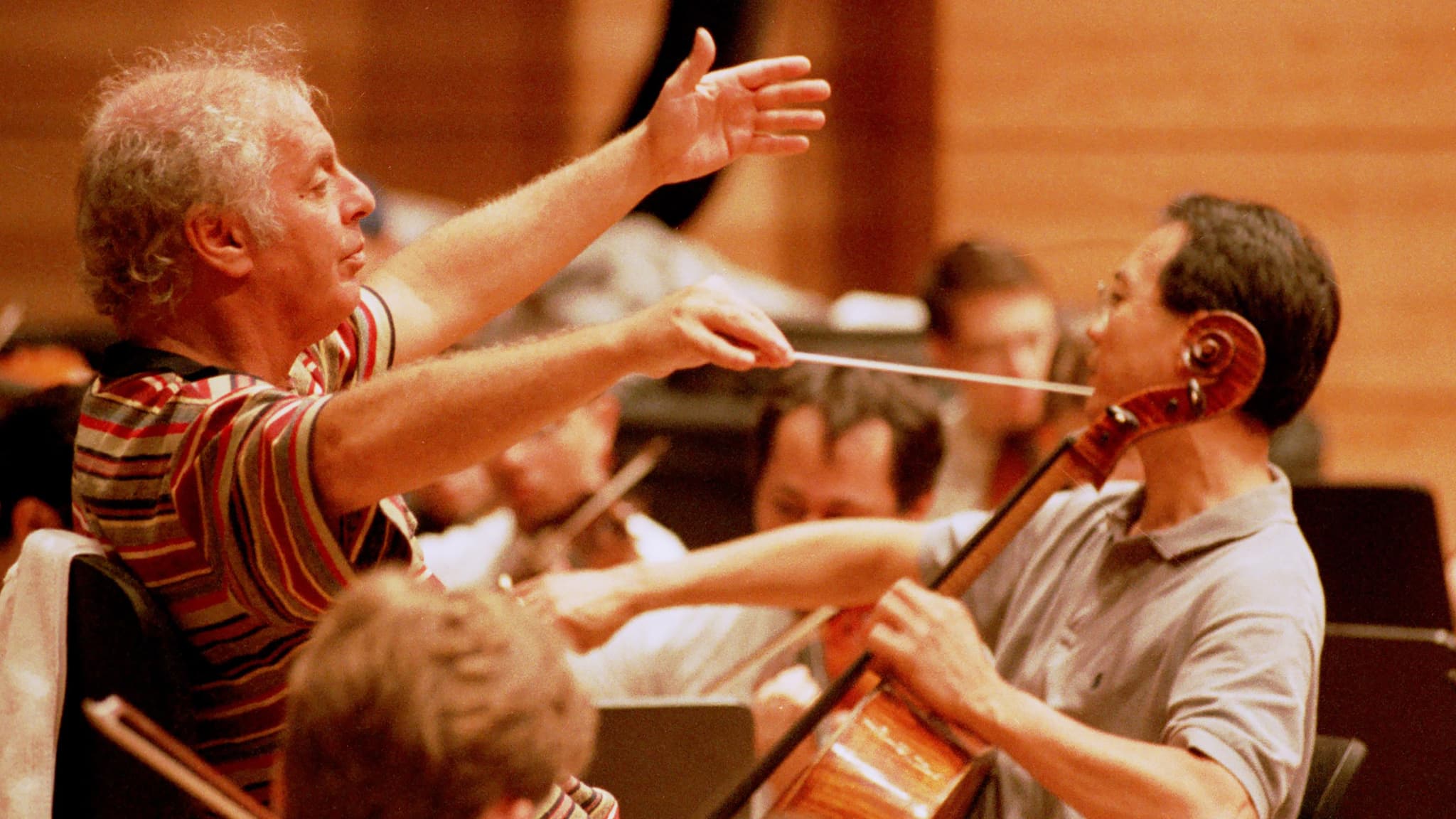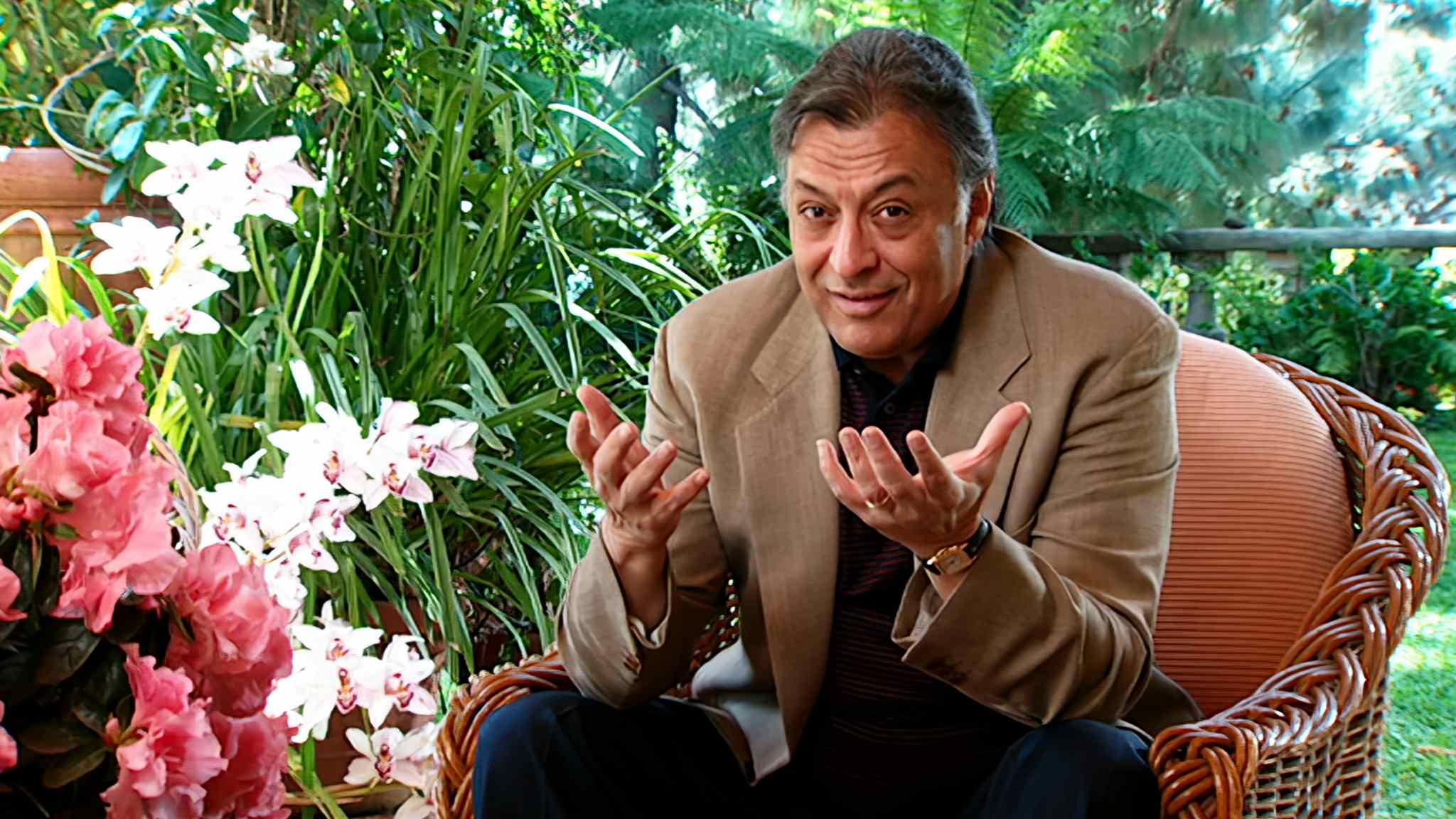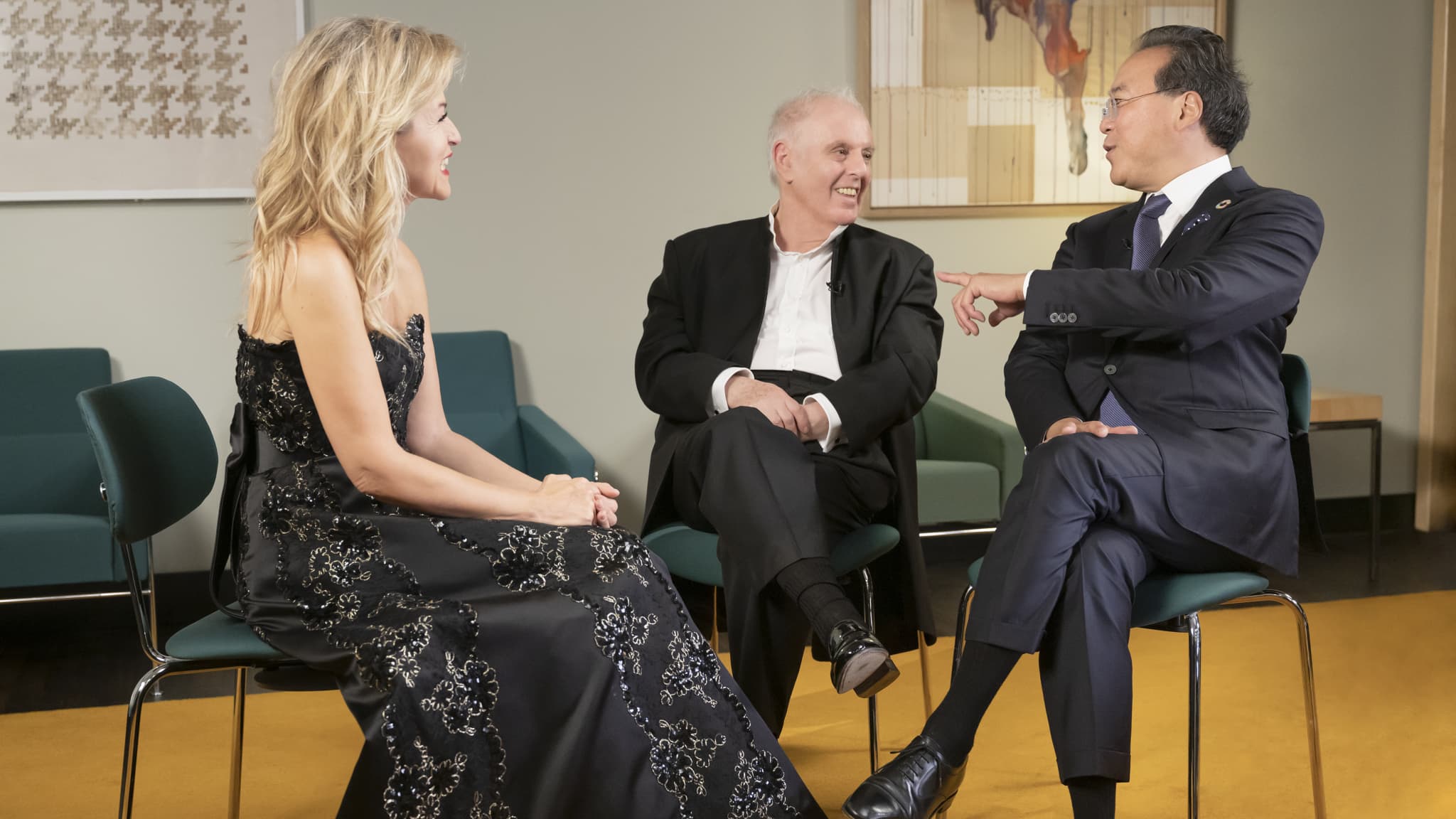Concerts
Operas
Albums
Appears On
Documentaries
Interviews
Short Videos
AboutDaniel Barenboim
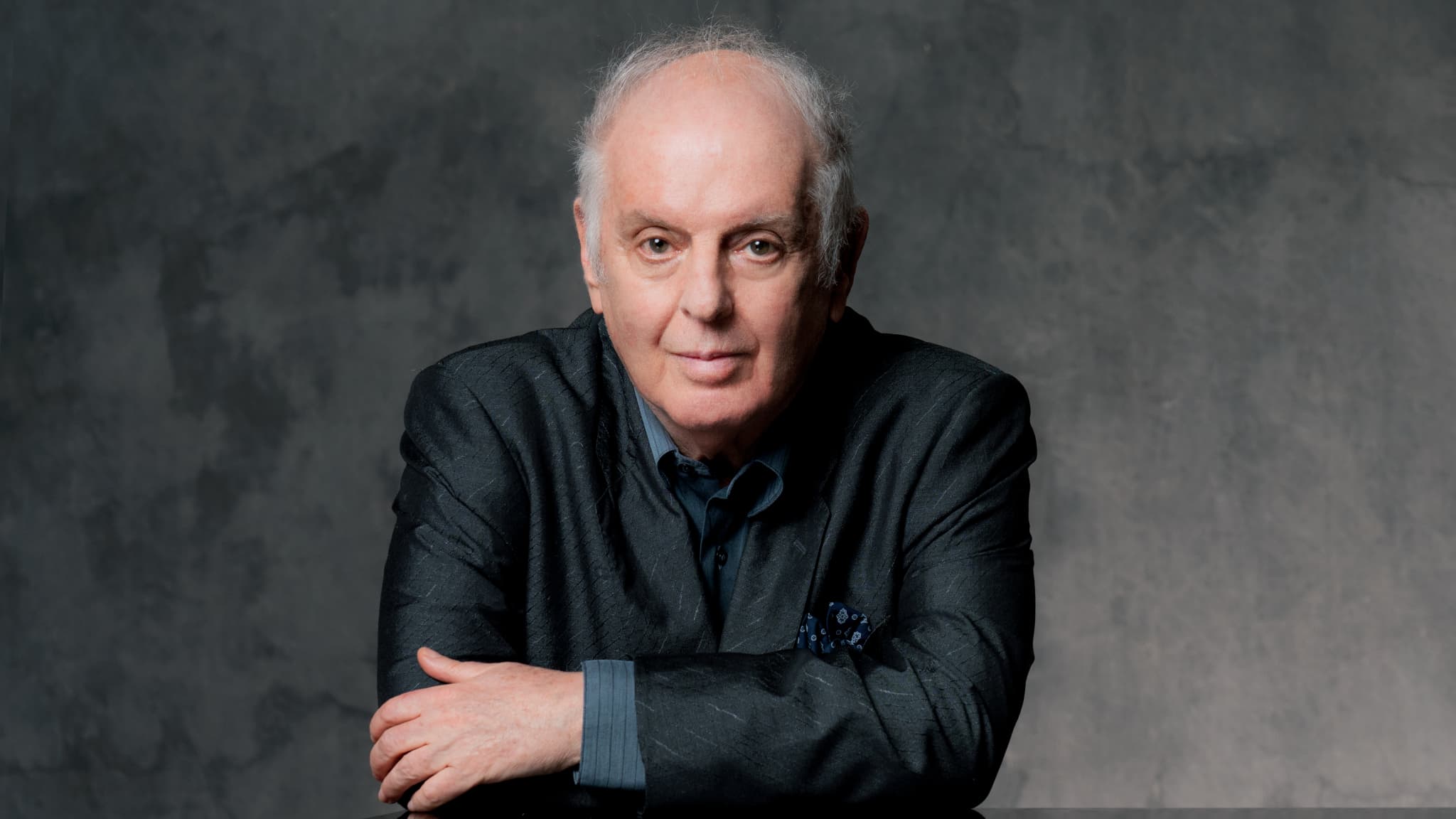
»Music not only teaches us about life, but also how passion and discipline can be reconciled.« Daniel Barenboim
Classical music has the power to overcome divisions and resist ignorance – a force Daniel Barenboim has felt since early childhood. The pianist and conductor, one of the most significant artists of our time, has earned the highest esteem through his performances at leading venues worldwide. With the aim of breaking down intellectual barriers through culture, he reaches numerous people, as does his commitment to intensive listening and free dialogue – two things that are mutually dependent. »To make music, you have to listen,« he said. »You have to hear what the other person is doing, but you also have to hear what you are doing yourself and what it means for the other person – this is the best school for human relationships.«
Listening and reacting as central skills are already evident in Barenboim's first recordings as a pianist in 1955. His discography as a pianist and conductor encompasses a broad repertoire, from all of Beethoven's piano sonatas, concertos, and symphonies to works by Boulez and Carter. In 1972, he signed his first contract with Deutsche Grammophon, which resulted in landmark recordings with Dietrich Fischer-Dieskau, Christa Ludwig, Pinchas Zukerman, Itzhak Perlman, and Jessye Norman, as well as a whole series of albums featuring solo piano works and orchestral music. In 2010, he continued his relationship with the yellow label through a long-term contract with Decca/Deutsche Grammophon, and in March 2018, he signed a new and exclusive contract with DG.
Daniel Barenboim was born on November 15, 1942, in Buenos Aires. Both parents, children of Russian-Jewish emigrants to Argentina, were musicians and gifted educators. Daniel studied piano with his father, who remained his only teacher. At the age of seven, he gave his first public recital, and his love for music received new impetus when the family came to Europe in 1952 on their way to a new life in Israel. In Salzburg, he began studying conducting with Igor Markevitch, and he also met Wilhelm Furtwängler, who declared the eleven-year-old to be »a phenomenon.« He then received a scholarship to study harmony and counterpoint with Nadia Boulanger in Paris in 1955–56. A sensational recital debut at Wigmore Hall in London, as well as concert debuts in Paris (1955) and with the New York Philharmonic and Leopold Stokowski in New York (1957), confirmed the teenager's status as an exceptional musical talent.
In the 1960s, Barenboim perfected his skills as a conductor while simultaneously solidifying his international reputation as a solo pianist and chamber musician. As a conductor, he worked extensively with the English Chamber Orchestra, and when he stepped in at short notice for an ailing colleague to conduct the Philharmonia Orchestra in London in 1967, he attracted attention across Europe. In the same year, he recorded Beethoven's piano concertos with Otto Klemperer and the New Philharmonia Orchestra and performed all of the composer's piano sonatas in recitals in London, Tel Aviv, and Vienna.
Barenboim's artistic development was strongly influenced by his collaboration with his wife, the cellist Jacqueline Du Pré, who died young, violinists Itzhak Perlman and Pinchas Zukerman, as well as mezzo-soprano Dame Janet Baker and baritone Dietrich Fischer-Dieskau. He also benefited permanently from observing Sir John Barbirolli's work with the Hallé Orchestra. »In terms of orchestral sound, I learned the most from Barbirolli,« he reports.
In 1968, he conducted the London Symphony Orchestra in New York. As a guest conductor, he established close relationships with the Berlin Philharmonic, the London Philharmonic Orchestra, and the Chicago Symphony Orchestra. His affinity for opera became evident with a Mozart series at the Edinburgh International Festival, which began in 1973 with Don Giovanni. In 1975, he became Music Director of the Orchestre de Paris, a position he held until 1989, during which time he particularly championed contemporary music by composers such as Berio, Boulez, Dutilleux, Henze, Lutosławski, and Takemitsu. In 1978, Barenboim began his collaboration with the Deutsche Oper Berlin, and three years later, he made his debut at the Bayreuth Festival in a new production of Tristan und Isolde. For 18 years, he returned to Bayreuth every summer, where he conducted Parsifal, Harry Kupfer's acclaimed new production of the Ring, Die Meistersinger von Nürnberg, and Heiner Müller's innovative new production of Tristan und Isolde.
In 1991, Barenboim succeeded Georg Solti as Music Director of the Chicago Symphony Orchestra, which then awarded him the title of »Honorary Conductor for Life« in 2006. From 1992 until early 2023, he was General Music Director of the Berlin State Opera Unter den Linden, and from 2000, »Chief Conductor for Life« of the Staatskapelle Berlin. He has since been appointed both an honorary member of the State Opera and an honorary chief conductor of the Staatskapelle. He is also an honorary conductor of the Berlin Philharmonic.
Barenboim regularly performs with the Vienna Philharmonic, whose New Year's Concert he conducted in 2009, 2014, and 2022. From 2007, as Principal Guest Conductor at La Scala in Milan, he conducted many successful opera productions, including Guy Cassiers' new production of the Ring, he gave new impetus to the house's chamber music series, and led the Orchestra Filarmonica della Scala at home and on tour. From 2011 to 2014, he was the house's Music Director.
Daniel Barenboim's life took a new turn through his encounter with Edward Said, a Palestinian-American literary critic and renowned intellectual. He shared many of Said's views on the future of the Middle East and supported his call for a peaceful resolution to the conflict between Israelis and Palestinians, based on dialogue, respect, and mutual understanding. They became close friends and in 1999 founded the West-Eastern Divan Orchestra, an ensemble of young musicians from the Middle East, including Israelis, Palestinians, Egyptians, Syrians, and Jordanians. »The destinies of these people are inextricably linked,« Barenboim noted at the time, »so either we kill each other or we learn to live with each other.«
The West-Eastern Divan Orchestra celebrated its 25th anniversary in 2024; it has become a symbol of hope and a place of dialogue. In 2017, it received a permanent home when the Pierre Boulez Saal opened as a center for education through music, housed in the Barenboim-Said Academy building. The Academy, which began teaching in October 2016, was founded by Daniel Barenboim to further develop the legacy of his work with the late Edward Said. This includes, not least, offering musical and humanities education for young musicians from the Middle East. Barenboim's Boulez Saal project stands, as Die Welt wrote: »Against intolerance and oppression, for free speech and for the preservation of common values – through questioning, re-evaluation, but above all through joint playing and collective listening.« In Berlin, there is also the Musikkindergarten, which Barenboim founded in 2005 under the motto »Not music education, but education through music.«
Texts about music and the civilizing power of culture also play an important role in Daniel Barenboim's dedicated work as an artist and educator. In 2006, he gave lectures as part of the BBC Reith Lectures, in which he explored the interdependence between music and society. In addition to his autobiography A Life in Music (German: Die Musik – Mein Leben), his writings include: Parallels and Paradoxes, a series of discussions with Edward Said; the essay collection La musica sveglia il tempo (German: »Sound is Life« – the Power of Music); and Dialogue sur la musique et le théâtre: Tristan et Isolde (with Patrice Chéreau).
For his musical and humanitarian work, Daniel Barenboim has received numerous awards and honors. Among others, he was appointed Grand Officier of the French Legion of Honor and Knight Commander of the Order of the British Empire (KBE), and he received the Grand Cross of Merit with Star of the Order of Merit of the Federal Republic of Germany, the Spanish »Príncipe de Asturias« Award (together with Edward Said), the Japanese »Praemium Imperiale« for Art and Culture, the Cultural Award of the Israeli Wolf Foundation, the Tolerance Award of the Protestant Academy Tutzing, the Buber-Rosenzweig Medal, the Willy-Brandt-Prize, the Ernst von Siemens Music Prize, the Herbert von Karajan Music Prize, the Konrad-Adenauer-Prize of the City of Cologne, and, together with the West-Eastern Divan Orchestra, the Rheingau Music Prize 2020.
On the occasion of his 75th birthday, Deutsche Grammophon released a 39-CD anniversary edition in 2017: Daniel Barenboim – The Solo Recordings. Other releases include: On My New Piano, works by Scarlatti, Beethoven, Chopin, Wagner, and Liszt in his first solo recording on the concert grand piano he designed with instrument maker Chris Maene; Bruckner: The Complete Symphonies with the Staatskapelle Berlin; and Hommage à Boulez with the West-Eastern Divan Orchestra.
For Debussy's 100th anniversary of his death in 2018, Barenboim recorded a personal selection of the composer's solo piano works, including Estampes, the Suite bergamasque, and Book I of the Préludes. His live recording of Mozart's piano quartets from the Pierre Boulez Saal with his son Michael, Yulia Deyneka, and Kian Soltani was released in August of that year. A month later, DG released Barenboim's second complete recording of Brahms's symphonies. This cycle was again recorded with the Staatskapelle Berlin in the Pierre Boulez Saal (this time under studio conditions) – it was the first recording with a large orchestra made there. In 2019, a 2-CD album featuring all of Mozart's piano trios, recorded with his son and Kian Soltani, was released.
Several albums were released in 2020: To celebrate Beethoven's 250th birthday and the 20th anniversary of the West-Eastern Divan Orchestra, Barenboim presented Beethoven's Symphony No. 7 and the Triple Concerto with Anne-Sophie Mutter and Yo-Yo Ma as live recordings from concerts in Buenos Aires and Berlin. He then conducted Dvořák's Cello Concerto with Kian Soltani and the Staatskapelle Berlin. With his fifth complete recording of Beethoven's piano sonatas (together with the Diabelli Variations) and his recording of all the composer's piano trios with his regular trio partners Michael Barenboim and Kian Soltani, Barenboim once again appeared as a pianist.
To celebrate Martha Argerich's 80th birthday, DG released a Debussy album, featuring, in addition to La Mer, the honoree under Barenboim's baton in her first recording of the Fantaisie, as well as the Violin Sonata (with Michael Barenboim) and the Cello Sonata (with Kian Soltani) with Barenboim at the piano. On the occasion of Barenboim's own 80th birthday in 2022, the album Encores was released, featuring his favorite encore pieces by Albéniz, Chopin, Debussy, Liszt, Schubert, and Schumann, as well as Schumann's four symphonies recorded live with the Staatskapelle Berlin. The latest album, released in October 2024 to celebrate 60 years of collaboration with the Berlin Philharmonic, presents Franck's Symphony in D minor alongside Fauré's Pelléas et Mélisande Suite.
After withdrawing from the podium for health reasons, Barenboim can now be experienced live again. For example, he conducted an acclaimed concert at the BBC Proms in the summer with Anne-Sophie Mutter and the West-Eastern Divan Orchestra, and a few weeks ago he conducted Martha Argerich and the Berlin Philharmonic with Beethoven and Brahms in Berlin, »an autumn gift,« as Der Tagesspiegel noted.
11/2024

